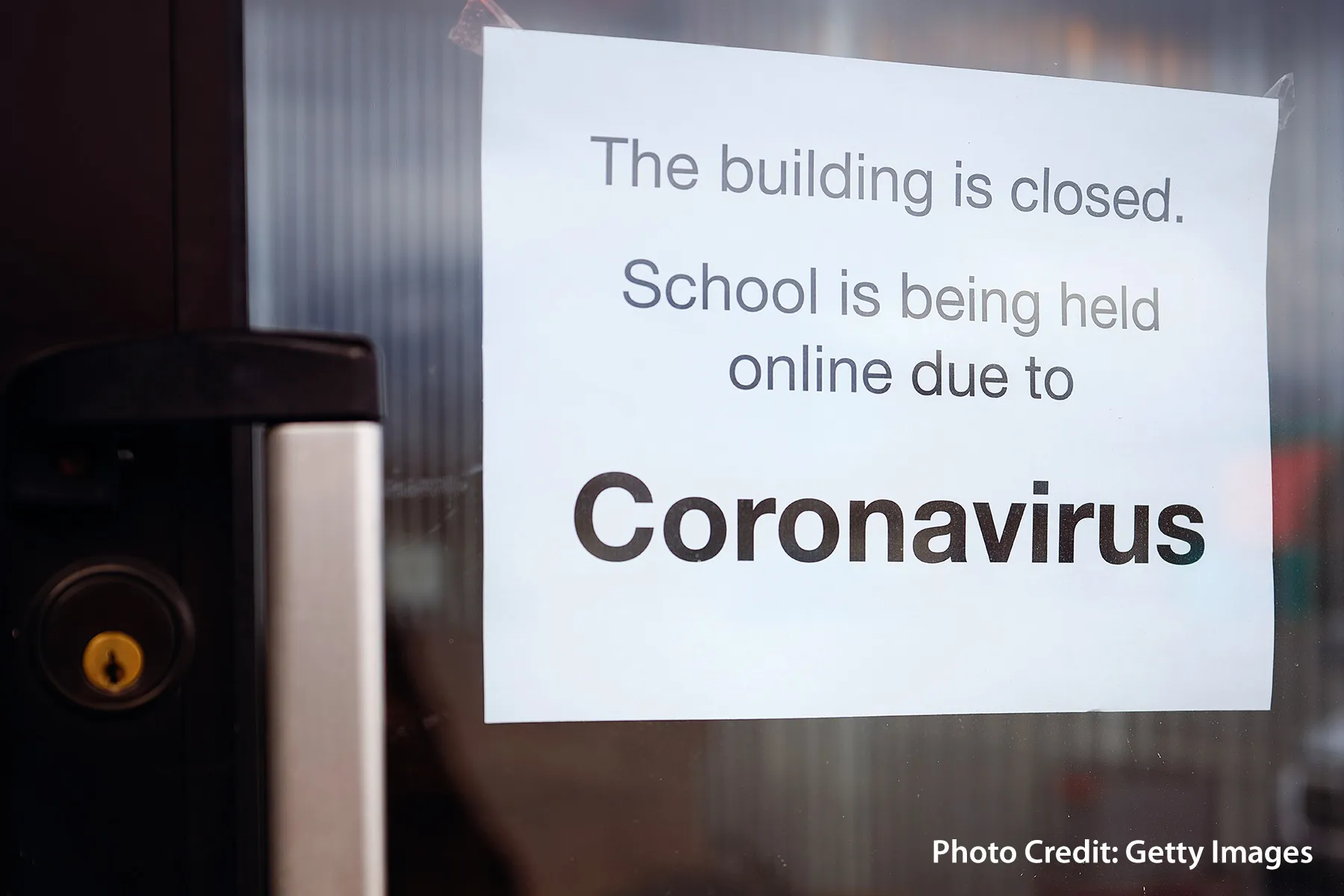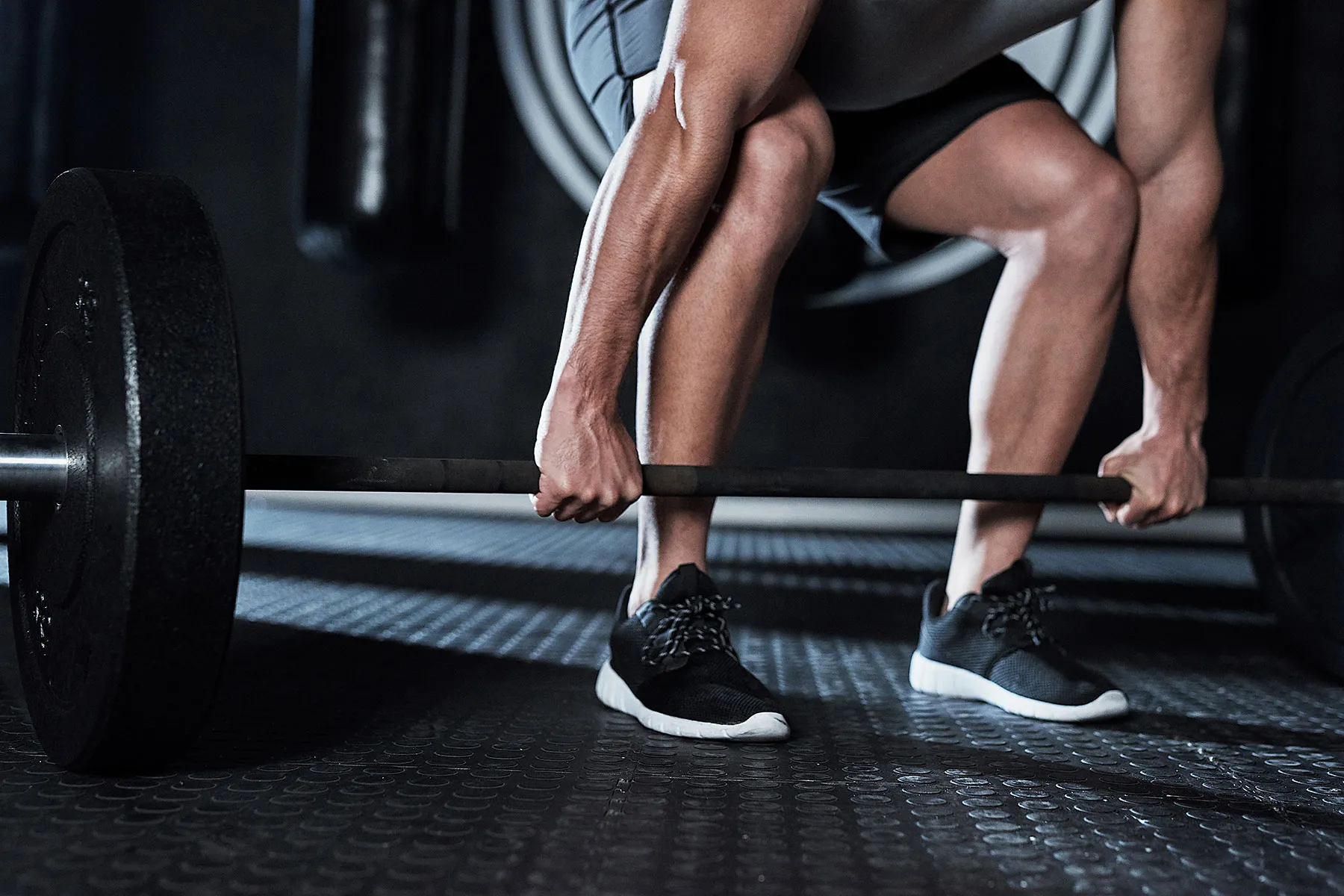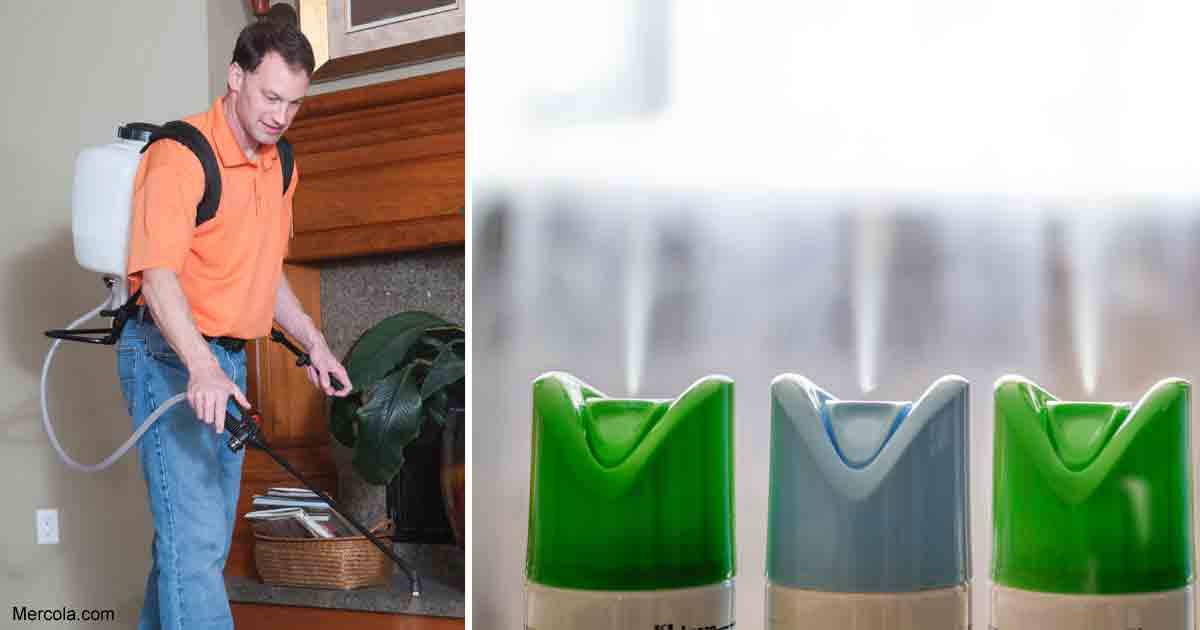
[ad_1]
Strengthening your leg muscles during workouts can bring big benefits when you’re out on the hiking trail, for example, or while swimming. Your leg starts at your hip joint and runs down to your ankle joint, encompassing the thigh, knee, and calf. The muscles in your legs help you do everything from extending and rotating your leg in every direction, bending your knee, pointing your toes, and more.
Keeping your legs strong is especially important as you age. Strong legs can help you improve your balance to avoid trips and falls. Here are a few exercises that can help.
Dumbbell Lunge
Lunges work both your legs and your core muscles. They work your upper legs including the hamstrings, glutes (or butt muscles), hips, and quadriceps.
If you have knee pain, you may want to avoid this exercise. Check with your doctor to make sure lunges are a good exercise for you.
To do a dumbbell lunge:
- Position your feet at hip’s width distance while holding your preferred dumbbells or weights at your side.
- Keeping your torso upright and step forward.
- Bend your front and back leg to a 90-degree angle.
- Make sure to keep your front foot flat on the floor.
- Use both legs to stand back up.
- Repeat by stepping forward with the opposite leg.
Lunge variations to try include:
-
Lateral lunge. Instead of stepping forward, step to the side and bend that leg at a 90-degree angle while straightening your other leg. -
Reverse lunge: Instead of stepping forward, step back. Then do the same movement by bringing both legs to a 90-degree angle and then straightening. -
Walking lunge: Do a lunge as described above. Then, instead of putting your feet together and starting from the same position, simply step forward with your other foot. You’ll find yourself walking around your space with this exercise.
Goblet Squat
Squats are a useful exercise to build leg strength, and they’re recommended for beginners. Here’s how you do a goblet squat:
- Hold your preferred dumbbell, kettlebell, or other weight with both hands at chest level.
- Place your feet shoulder-width distance.
- Lower into a squat by bending your knees. Keep lowering until your hips are below your knees.
- Make sure to keep your back as straight as possible while you’re lowering down.
- Stand back up and repeat.
Variations include:
-
Dumbbell squat. This is similar to the goblet squat, but you hold two dumbbells at shoulder level instead of one at chest level. -
Plie squat. Place your feet wider apart and point your toes outward when performing the squat. -
Bulgarian split squat. Holding two dumbbells or weights, place one leg up on a bench or chair behind you and do the squat with the other leg. -
Jump squat. Holding no weight, squat down and swing your arms to jump up with explosive energy. Finish back in the squat position.
Continued
Romanian Deadlift
This exercise works your hamstring muscles. You can use dumbbells or a barbell for this one.
- Stand up straight with your weights at hip level.
- Bend over slowly, hinging at the hip and lowering your torso.
- Stop bending when you feel a stretch in your hamstrings — the muscle at the back of your thighs. Your weights will likely be slightly below your knees.
- Push your hips forward to stand back up.
How Many Repetitions Should You Do?
Some fitness experts recommend doing two sets of 10 reps for each leg exercise. If it feels too easy, try adding in more resistance by using heavier weights. If it feels too hard, use less resistance or try fewer reps.
Home Workouts vs. Gym Workouts
Some of the recommended exercises suggest using dumbbells or other gym equipment. If you’re working out at home and don’t have any dumbbells, there are plenty of alternatives to try. You can fill a milk jug with water or sand or use some soup cans or water bottles to use as weights. You can also use resistance bands or a bucket filled with sand.
Before You Start, Warm-Up
When working out with weights, you should always warm up before your workout and cool down after. This can help to avoid injuries. Warm-ups can include things like jogging, stretching, and body-weight exercises. Cooldowns should include plenty of stretching.
Wear shoes with a good grip to keep you in position during your exercises. Make sure to keep your back straight during exercises, especially ones where you are bending over like the deadlift.
If you feel pain during your workout, stop doing that exercise. If your pain doesn’t go away after a few days, contact your doctor.
If you’re new to working out, start slow. Use lighter weights and do fewer reps. Easing into your workouts helps you avoid injuries.
[ad_2]
Source link








